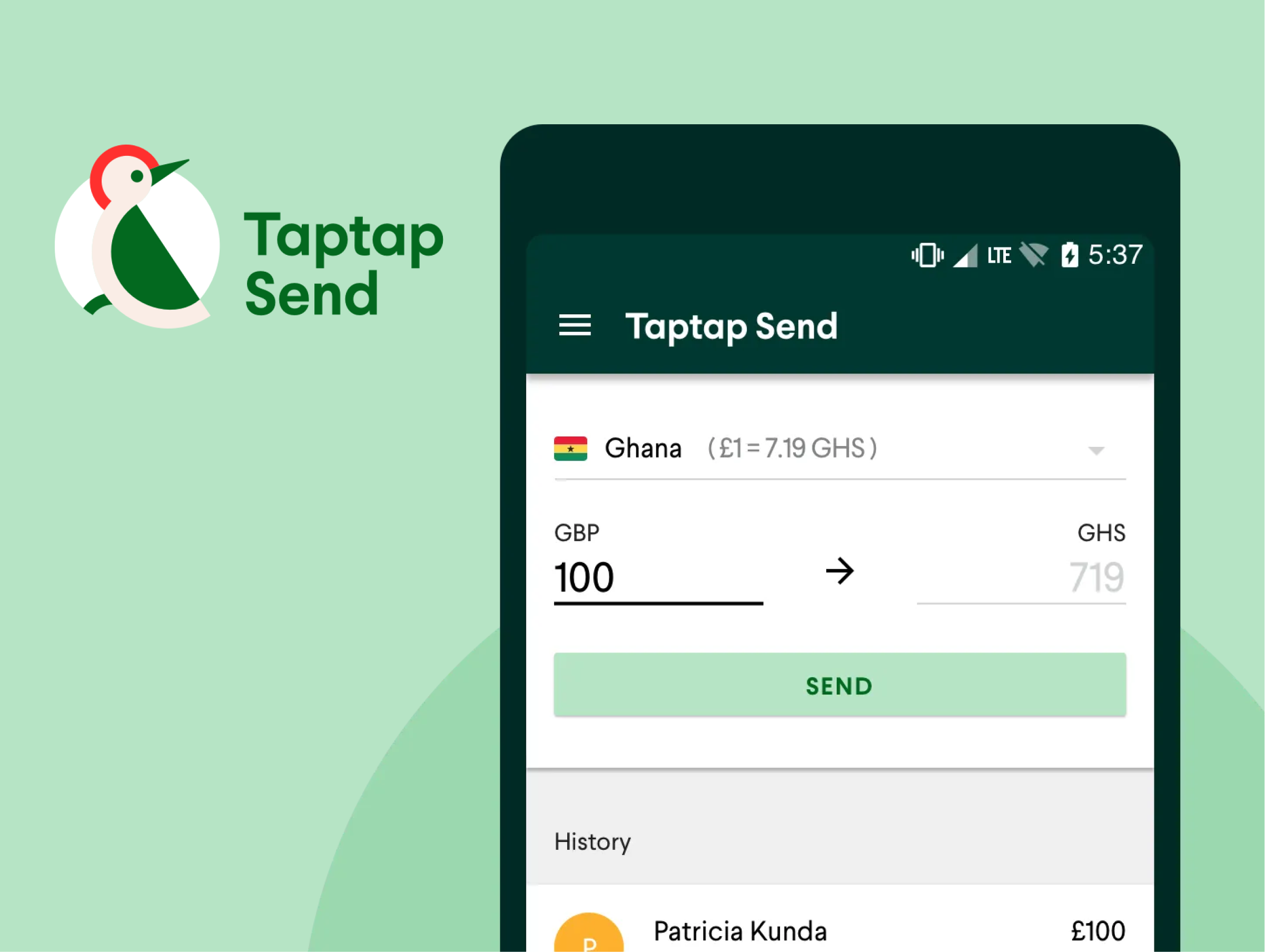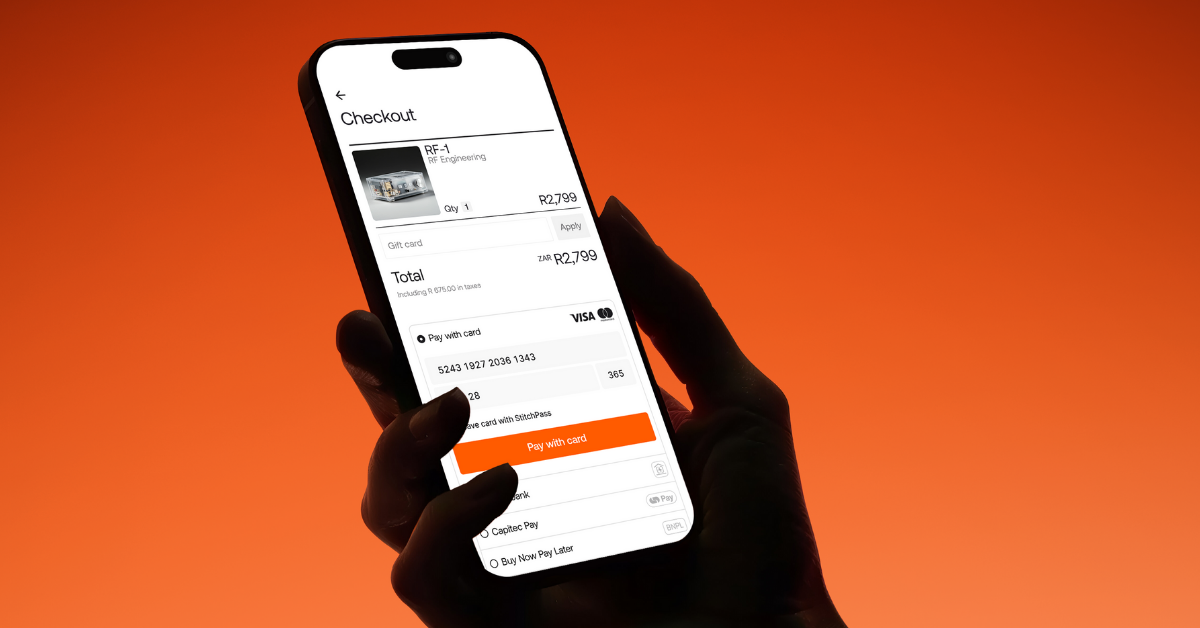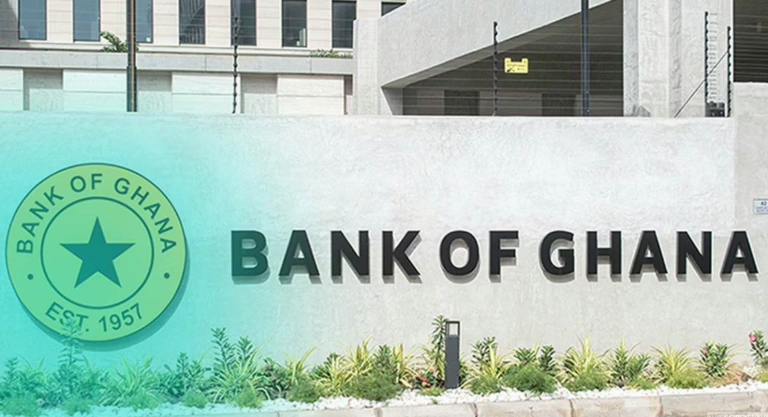The Bank of Ghana (BoG) has suspended the remittance transactions of eight fintech companies for breaching the country’s new regulatory requirements. Per reports, these companies include Flutterwave, Cellulant Ghana, Tap Tap Send, Afriex, Halges Financial Technologies, Top Connect, Remit Choice, and Send App. The suspensions will take effect on Thursday, September 18, 2025.
In a press statement, Ghana’s central bank indicated that the move was made in response to the Updated Guidelines for Inward Remittance Services by Payment Service Providers, 2023. Flutterwave and Cellulant Ghana were cited for violating Paragraphs 5 and 7.1–7.3 of the guidelines, which pertain to licensing, operational modalities, and reporting requirements.

The Bank of Ghana stated that the crackdowns are part of an overall attempt to enforce compliance and enhance supervision of remittance and payment service companies operating in the country. While the other companies have their licenses revoked for a month, Halges Financial Technologies is prohibited indefinitely and will only be allowed back into business after obtaining new approval from the central bank.
See also: Flutterwave’s ‘Pay with Bank Transfer’ surged by 198% in processing value in 1 year
Besides suspending the eight operators, the Bank of Ghana also penalised the United Bank for Africa (UBA) Ghana Limited, the settlement bank of the affected companies. The foreign exchange trading license of UBA Ghana has also been suspended for one month, effective September 18.
Bank of Ghana is cracking down on non-compliance
The central bank explained that the move follows multiple cases of non-compliance by the concerned firms. Payment Service Providers (PSPs), Dedicated Electronic Money Issuers (DEMIs), and banks are all obliged under the Payment Systems and Services Act and the Banks and Specialised Deposit-Taking Institutions Act to adhere strictly to reporting and operational regulations.
Specifically, the 2023 Inward Remittance Services Guidelines mandate that institutions willing to act as remittance partners acquire the necessary licenses, comply with prescribed operational guidelines, and report high-level transactions. These involve reporting daily transaction logs, foreign exchange receipts, and settlement reports every week.

The regulators cited over-reliance on informal remittance channels, unauthorised foreign exchange swaps, and unofficial exchange rates as structural weaknesses that undermine transparency. The infractions, the BoG said, compromise the integrity of Ghana’s remittance system, which is a lifeline to household incomes, business liquidity, and the nation’s foreign currency reserves.
Suspending the companies is intended to correct operational irregularities and improve compliance with regulations, thereby safeguarding consumers and maintaining stability in the financial system.
Impact on customers and the remittance environment
The decision is also expected to directly affect customers who utilise the affected platforms to receive cross-border payments and inward remittances. Ghana remains one of the continent’s top recipients of remittances, with flows offering much-needed domestic support and foreign exchange for the nation.
To consumers, the suspension means the unavailability of transactions through Flutterwave, Cellulant Ghana, Tap Tap Send, Afriex, and other affected operators during the period of the sanction. Remittance services would need to be obtained from other licensed providers.
For Halges Financial Technologies, the indefinite suspension could leave platform users outplaced for good unless the firm obtains new approval from the regulator. The clampdown is also a powerful statement to fintech players and banks regarding the severity of compliance.

By suspending operations for both remittance companies and UBA Ghana, Ghana’s chief lender is indicating that settlement partners will also be held accountable for non-compliance. While the suspensions will be expensive to customers in the near term in the form of increased transaction fees as they divert to other channels, the BoG is hopeful that the measures will lead to a more secure and reputable remittance system in the long term.
Through stricter oversight, the regulator aims to safeguard consumer funds, ensure the accuracy and accountability of foreign exchange inflows, and mitigate the risks associated with illicit activity. Bank of Ghana maintained that any bank or MTO that desires to use the suspended Payment Service Providers in future remittance service provision will be compelled to apply for authorisation after the suspension period expires.
For Halges Financial Technologies, new approval will be necessary before any resumption of operations. The latest development is an indication of the heightened interest of the BoG to promote compliance in the country’s financial technology industry.
See also: OpenAI launches Jobs platform, challenging LinkedIn with AI-powered hiring




















0 Comments